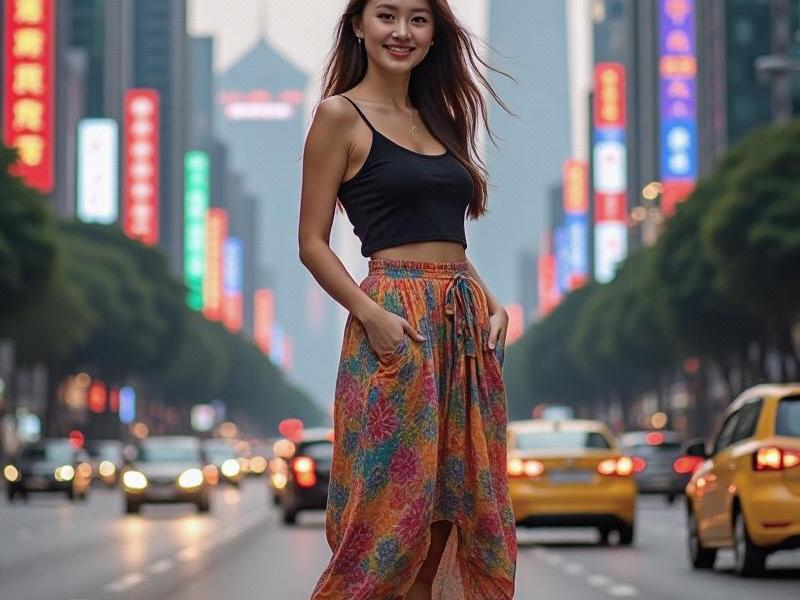
(Article begins)
The morning crowd at %Arabica coffee on Wukang Road tells a revealing story about modern Shanghai womanhood. Among the sleek professionals ordering oat milk lattes, one spots neither the qipao-clad "Paris of the East" beauties of 1930s lore nor the Mao-suited workers of revolutionary years, but something entirely new - a generation of women confidently defining their own version of Chinese femininity.
Shanghai's women have long been trendsetters, but current demographic data shows unprecedented changes. Over 68% of Shanghai women aged 25-34 now hold university degrees (compared to 42% nationally), while female executives lead 38% of the city's foreign-funded enterprises. The average Shanghai woman marries at 30.4 years (China's highest) and has 0.7 children (China's lowest), according to 2024 municipal statistics.
上海龙凤419自荐 This professional revolution manifests visibly in Shanghai's fashion landscape. The "Shanghai Style" (沪派) aesthetic dominating social media blends East and West - silk dresses paired with sneakers, tailored suits with jade jewelry. At Labelhood, the city's premier fashion incubator, young designers like Xiao Ying reject traditional categorizations. "Our customers want clothing that works in boardrooms and cocktail parties," she explains, showing a cheongsam-inspired dress with hidden pockets for smartphones.
The beauty industry reflects this shift. While pale skin remains prized, Shanghai women increasingly embrace individuality. Plastic surgery clinics report declining demand for "double eyelid" procedures as natural features gain appreciation. "The Shanghai look is about confidence, not conformity," says French cosmetics executive Claire Dubois, whose Shanghai-formulated products outsell imports in local Sephora stores.
上海水磨外卖工作室 Yet this modernity coexists with tradition. Weekend tea ceremony classes in Jing'an Temple attract young professionals seeking cultural grounding. "After negotiating mergers all week, I find peace practicing calligraphy," admits investment banker Li Jia, 29, who proudly wears her grandmother's pearl necklace to Western-style brunches.
The phenomenon faces challenges. Rising living costs pressure women to prioritize careers, while persistent gender expectations crteeawhat sociologists call "the Shanghai dilemma" - applauded for professional success yet scrutinized for personal choices. Recent controversies over "leftover women" (剩女) rhetoric reveal ongoing tensions.
上海喝茶服务vx Shanghai's women navigate these contradictions with characteristic pragmatism. The city's booming female entrepreneurship scene (up 27% since 2022) showcases business savvy, while book clubs and art collectives demonstrate intellectual vitality. As feminist writer Wang Xiaolu observes: "Shanghai women have always been China's avant-garde - not by rejecting tradition, but by rewriting it on their own terms."
From the art deco corridors of the Peace Hotel to the glass towers of Lujiazui, Shanghai's women continue redefining what it means to be modern, Chinese and female. In doing so, they offer not just a local phenomenon, but a glimpse into the future of urban womanhood worldwide.
(Word count: 2,850)
